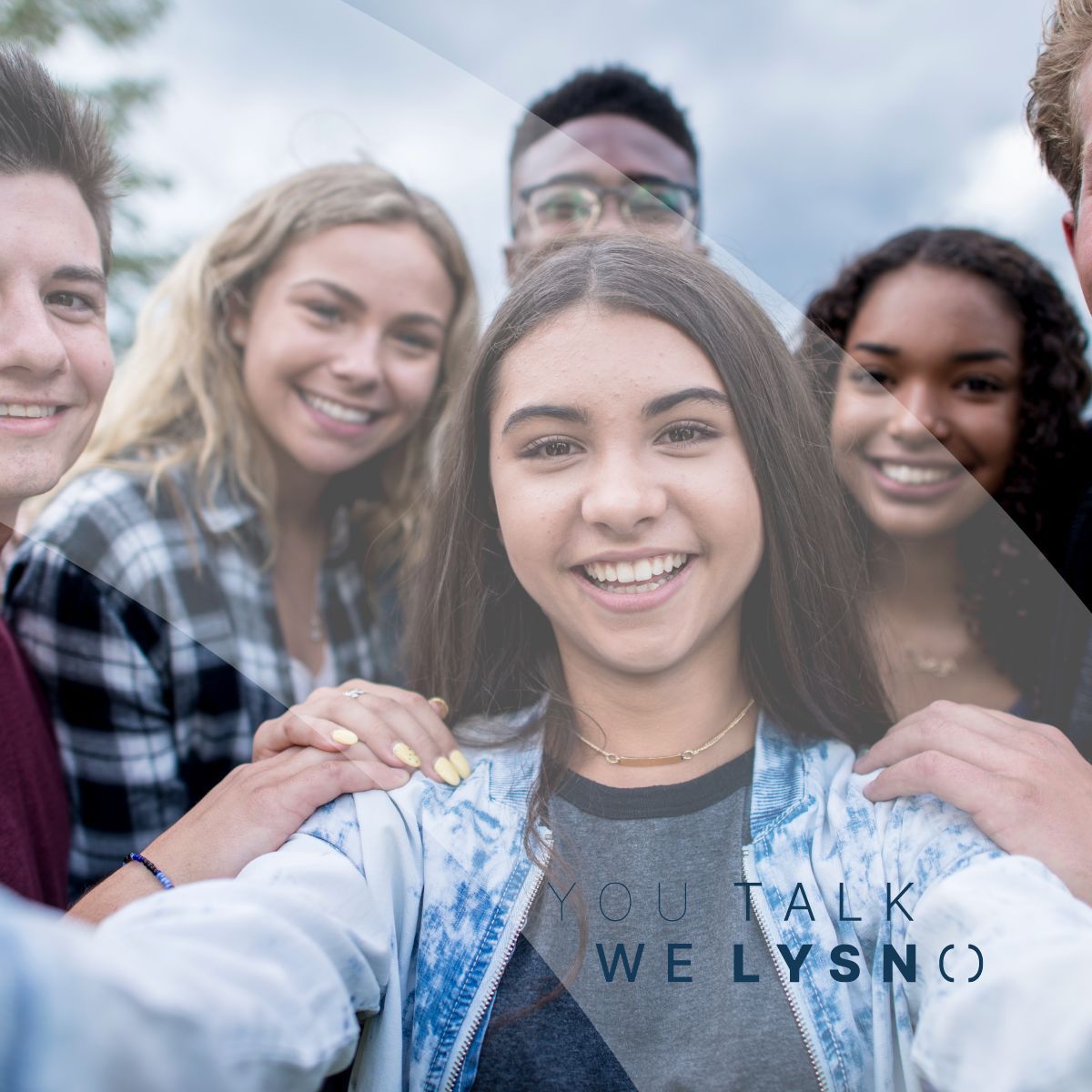
5 PSYCHOLOGIST -APRROVED WAYS TO BUILD RESILIENCE
There’s no arguing that the past couple of years have required many of us to adapt and endure the ever-changing life situation around us. The way we do that? Resilience. Resilience is the ability to build skills to endure hardship, stay strong in the face of adversity, and better cope with challenging situations. Resilience is the very energy that fuels sustainable growth (hello self-improvement) and can help protect a person from various mental health conditions, such as depression and anxiety.
If you’re wanting to build your resilience, below, Lysn psychologist, Nancy Sokarno details the 5 ways to do.
1. PRACTICE SELF-COMPASSION
Self-compassion involves being warm and understanding toward yourself or in-short – being kind to yourself! Unfortunately, self-compassion isn’t something that people think about often when it comes to self-improvement or building resilience. However, it should be! Self-compassion can actually help you to increase your knowledge and clarity about your own limitations (Neff, 2003) which is a great way to improve. It can also increase your sense of wellbeing and build your resilience to stress and trauma. So, learn to treat yourself with the same care and kindness as you would a good friend!
2. CHANGE THE NARRATIVE
When something bad happens to us it can be very hard to ‘just forget about it’. Unfortunately, our brains are hard-wired to be more highly attuned to negative news or information rather than the positive. It is believed that there is greater neural processing in the brain in response to negative stimuli, or put simply, our brains are built with a greater sensitivity to unpleasant news. So, chances are when you receive a bad piece of news you might ruminate on the incident or situation over and over. It continues to play out in the back of your mind or worse – is something you actively think about over and over. The good news is that we can change the narrative. Sure, we can’t change what is actually happening to us, but we can change the way we respond.
A great way to do this is by implementing a practice called Expressive Writing. Expressive Writing involves writing freely and continuously for 20 minutes about an issue, without regard for grammar or punctuation. It’s a form of therapy where individuals write about their thoughts and feelings related to a personally stressful or traumatic experience. A 1988 study found that participants who did Expressive Writing for four days were healthier six weeks later and happier up to three months later (when compared to people who wrote about superficial topics).
3. FACE YOUR FEARS
Fear can be both beneficial to our lives, or paralysing. Beneficial because it helps to protect us and know when to sense danger but paralysing when it stops us from doing the things we really want to do. When fear interferes with our lives, it can hold us back or cause us to avoid moving forward. Afraid to ask for that pay rise? Unfortunately, it could be holding you back from actually getting it. You’ve likely played out the scenario of getting told no a hundred times over in your head, but have you considered the chance of being told yes? Face your fears. Sure, you could still not get the outcome you want, but by facing your fear, you will move forward. Facing fears can help make us stronger, build resilience and in the right dose, can be fun!
4. FIND A SENSE OF PURPOSE
Having meaning in your life can make will not only make you passionate about your life journey but can also improve your overall health and wellbeing (and maybe even make you live longer). A 2010 study published in Applied Psychology found that individuals with high levels of eudemonic wellbeing (aka having a sense of purpose and a feeling like what you do is worthwhile) tend to live longer. No matter small or large, having a sense of purpose, or caring about something beyond yourself, can be the very thing that gives you a long and meaningful life. It can also help you to build resilience because it provides perspective, stability, and determination.
5. CULTIVATE FORGIVENESS
A large part of our happiness as humans is related to the relationships we have with those around us – from loved ones, friends, family, acquaintances, through to work colleagues. Maintaining healthy relationships and creating a sense of belonging in the community is incredibly important to our wellbeing. But what happens when we can’t forgive? Forgiveness is an integral part of healthy relationships and those who cultivate forgiveness can feel increased self-worth and are more likely to love and respect themselves. They are also much less likely to find themselves trapped in toxic or abusive relationships. Forgiveness doesn’t mean you have to let offender off the hook or even reconcile with them. It can be a way to harness your inner strength and grow as a person, thus building your resilience for the future.
Nancy Sokarno is a psychologist at Lysn
Lysn is a digital mental health company with world class wellbeing technology which helps people find their best-fit professional psychologist whilst being able to access online tools to improve their mental health.
Categories




